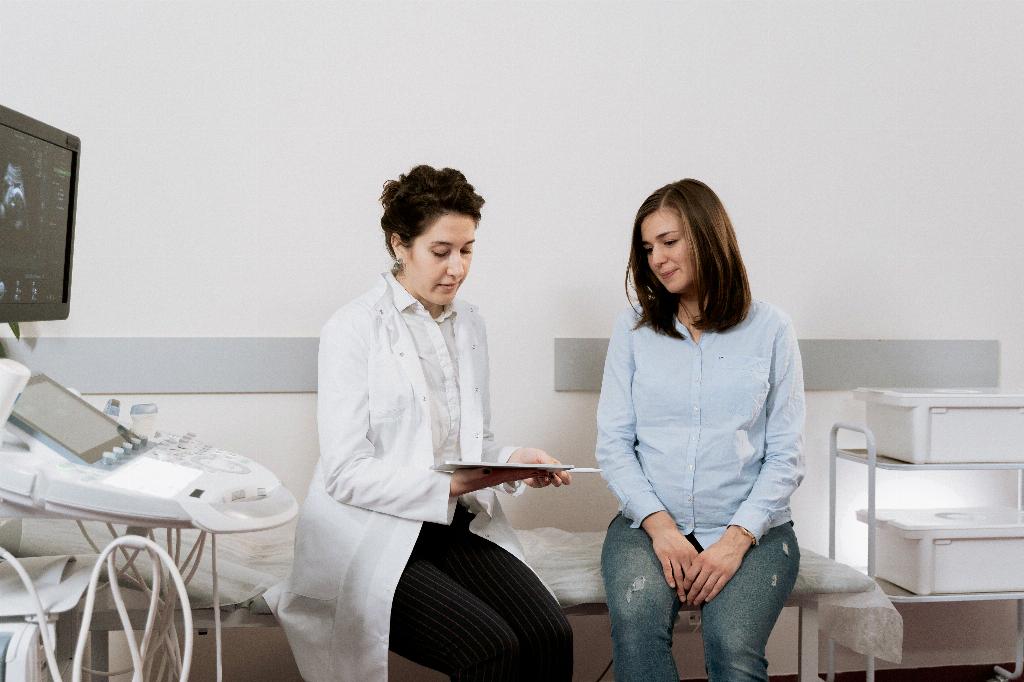Syphilis, a sexually transmitted infection caused by the bacterium Treponema pallidum, can have severe consequences when contracted by a pregnant woman. This infection has the potential to harm not only the mother but also the developing fetus.
The Risk of Congenital Syphilis
When a pregnant woman has syphilis, there is a significant risk of transmitting the infection to her unborn child. This transmission can lead to a condition known as congenital syphilis, where the baby acquires the infection from the mother during pregnancy.
Potential Outcomes for the Unborn Child
Untreated syphilis in pregnant women can have devastating outcomes for the baby. Babies born to women with untreated syphilis may be stillborn or die shortly after birth due to the infection. The impact of syphilis on the unborn child can be tragic and irreversible.
Effects on Pregnancy
Aside from the risks to the baby, syphilis can also have negative effects on the pregnancy itself. The infection can lead to complications such as premature birth, low birth weight, and even miscarriage. It is crucial for pregnant women to receive prompt treatment for syphilis to protect both themselves and their babies.
Importance of Prenatal Care
Prenatal care plays a vital role in preventing and managing syphilis in pregnant women. Regular prenatal check-ups allow healthcare providers to screen for syphilis early in pregnancy and initiate treatment promptly if the infection is detected. Early detection and treatment are essential in preventing the transmission of syphilis to the baby.
Testing and Treatment
Testing for syphilis during pregnancy is a standard part of prenatal care. If a pregnant woman tests positive for syphilis, antibiotics can effectively treat the infection and reduce the risk of complications for both the mother and the baby. Timely treatment is key to preventing adverse outcomes.
Long-Term Impact
The consequences of untreated syphilis in pregnant women can extend beyond the immediate pregnancy. Children born with congenital syphilis may experience a range of long-term health issues, including developmental delays, vision and hearing problems, and neurological complications. The impact of syphilis on a child’s health can be profound and lasting.
Prevention Strategies
Preventing syphilis in pregnancy involves a multifaceted approach that includes education, screening, and treatment. Awareness of the risks of syphilis and regular testing can help identify and address the infection early, reducing the likelihood of adverse outcomes for both the mother and the baby.
Support and Resources
For pregnant women diagnosed with syphilis, access to appropriate healthcare and support services is essential. Healthcare providers can offer guidance on treatment options, monitor the progress of the infection during pregnancy, and provide information on preventing future infections.
Conclusion
In conclusion, the impact of syphilis on pregnant women is significant, with the potential to harm both the mother and the developing fetus. It is crucial for pregnant women to prioritize prenatal care, including screening for syphilis and promptly seeking treatment if the infection is detected. By addressing syphilis early in pregnancy, women can protect their health and the well-being of their unborn children.

